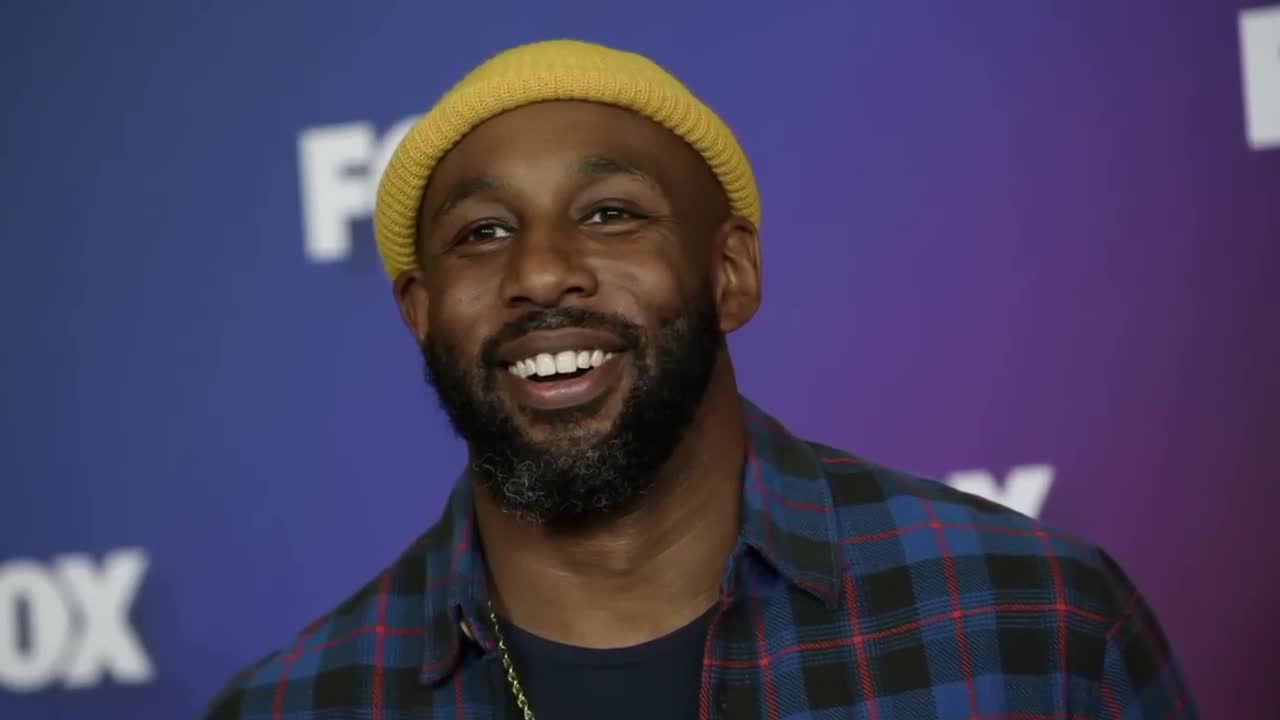‘tWitch’ Boss death sparking conversation on men’s mental health
[anvplayer video=”5153377″ station=”998122″]
There’s a renewed push on a topic that doesn’t get much attention: men’s mental health.
Following the death of well-known television personality Stephan “tWitch” Boss, messages of love and support have been pouring in on social media sites — California officials ruled Boss’ death a suicide.
Boss leaves behind a wife and three kids. The family would post videos of them dancing, some recently —leaving many to wonder how this could have happened. But, those who know mental health struggles and suicidal thoughts say struggles like this are common and widespread.
“It’s such a bad place to be — it is so dark,” Bill Dehkes, chief operating officer for The Face It Foundation, said.
Face It was founded in 2009 and has a goal of reducing the number of men who die by suicide by helping them understand and overcome depression. It’s something Dehkes and executive director of the foundation, Mark Meier, know personally as they’ve both attempted suicide.

The suicide of Stephen "tWitch" Boss is bringing more attention to men's mental health (Photo Courtesy: ABC).
“I think both [Meier] and I can attest that we understand what that darkness is all about,” Dehkies said, adding: “We found a way out of that — so to be able to share that, use that as our passion, and share that with other guys, that is really important.”
A lot of what the foundation does is free with a big part being their in-person support groups.
Another entity available for guidance is the Minnesota Association of Black Psychologists — its president, Dr. Willie Garrett, says especially with today’s social and political climate, people should never assume everyone is OK.
Historically, Dr. Garrett says Black men have had unique mental health challenges.
“With any sort of issue or problem, you’re going to find higher rates among [men] who have a history of oppression, have less supports, and where there is a negative image of them,” Dr. Garrett said.
On top of that, he said it’s hard right now for Black men to find help from those they can culturally connect with because of a low number of people of color in the profession.
“Our members are actually overloaded at this time,” Dr. Garrett said about the number of patients providers are seeing. “There is a severe shortage of African American therapists, psychologists, social workers, licensed professional counselors, marriage and family [therapist], there’s a huge shortage.”
If you, or someone you know, is experience a crisis, dialing 988 can connect you to the 24/7 suicide and crisis lifeline.